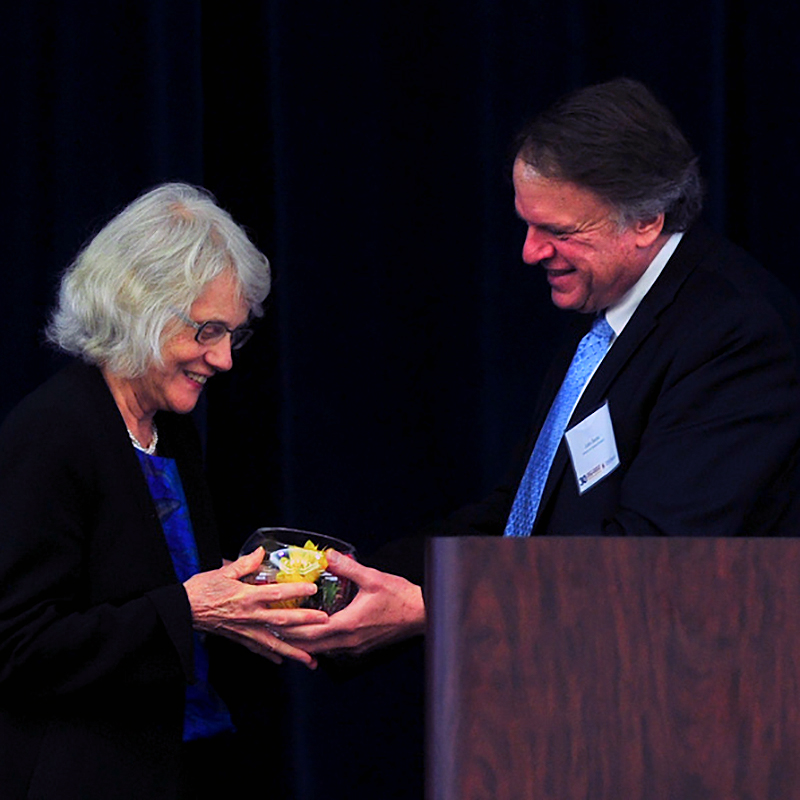New ebook details history of the NSF Engineering Research Center program
A history of the National Science Foundation (NSF) Engineering Research Center (ERC) program, written by its retired ERC program leader, Lynn Preston, and longtime collaborator Courtland Lewis, has been published online as an electronic book. Agents of Change: NSF’s Engineering Research Centers is an easy-to-read, comprehensive look at the origins of the ERC program, how the first ERCs evolved, and what universities learned about formulating, operating and sustaining ERCs. It also includes information on the research contributions of ERCs, their industry collaborations and educational and outreach programs, the evolution of ERC leadership, the impacts of ERCs on academic engineering and engineering and technology, and perspectives and lessons learned over 35 years of the ERC program. NSF established the ERC program in 1984 to develop fundamental knowledge in fields that would strengthen US competitiveness; increase the proportion of engineering faculty committed to cross-disciplinary teams; focus on engineering systems and increase competence in new fields needed by industry; increase the number of engineering graduates who can contribute innovatively to U.S. productivity; include practicing industrial engineers as partners to stimulate technology transfer; and firmly link research and education. The first ERCs were established a year later in 1985. The Institute for Systems Research was one of the “original six” 1985 ERCs. Founded as the Systems Research Center at both the University of Maryland and Harvard University, now-Distinguished University Professor John Baras (ECE/ISR) was its first director. The driving motivation for this ERC was to advance the efficient design and control of complex large-scale, spatially distributed engineering systems, which operated at multiple time-scales and under multiple criteria, and were needed to perform complex functions in high technology services and industry. | Read about the history of ISR | In Agents of Change, Preston recalls Dr. Baras’s comments on the initial briefing process for potential ERC PIs: The PI sessions took place on the first day. One of the finalists who eventually won an award, Professor John Baras, then only 35 years old, remembers that day as one of the “most stressful of my life, worse than my Ph.D. defense, as not only did my future depend on it but so did the future of the School of Engineering at the University of Maryland. I was terrified, but then Lynn Preston came to lead me into the panel room and introduce me to the panel, and when she said, ‘Don’t worry, you’ll do just fine,’ I knew I would be OK.” Now, decades later the NSF ERC program is considered an unqualified success. As Preston—who led the ERC program for most of its history—writes in the preface of Agents of Change, “Collectively, together with their industry partners, [the ERCs] did what the founders of the Program set out to do 35 years ago, which was to change the culture of academic engineering so that it could serve the Nation’s needs more effectively. That was an undertaking so ambitious that many doubted it could succeed. But succeed it did. And in the process, together they created the ‘ERC Family,’ a cooperative, collective team undertaking of a kind that has seldom been seen in the history of government funding programs.”
Related Articles: October 15, 2020 Prev Next |


